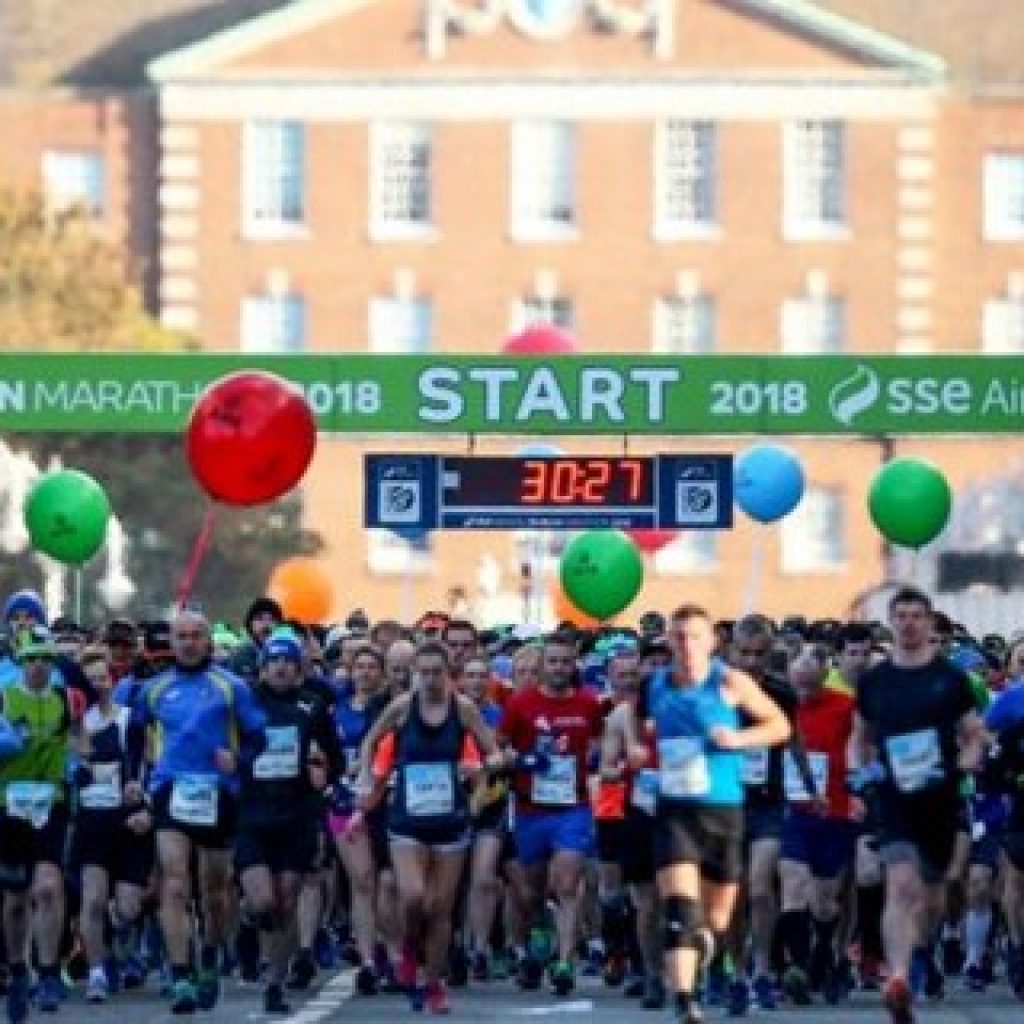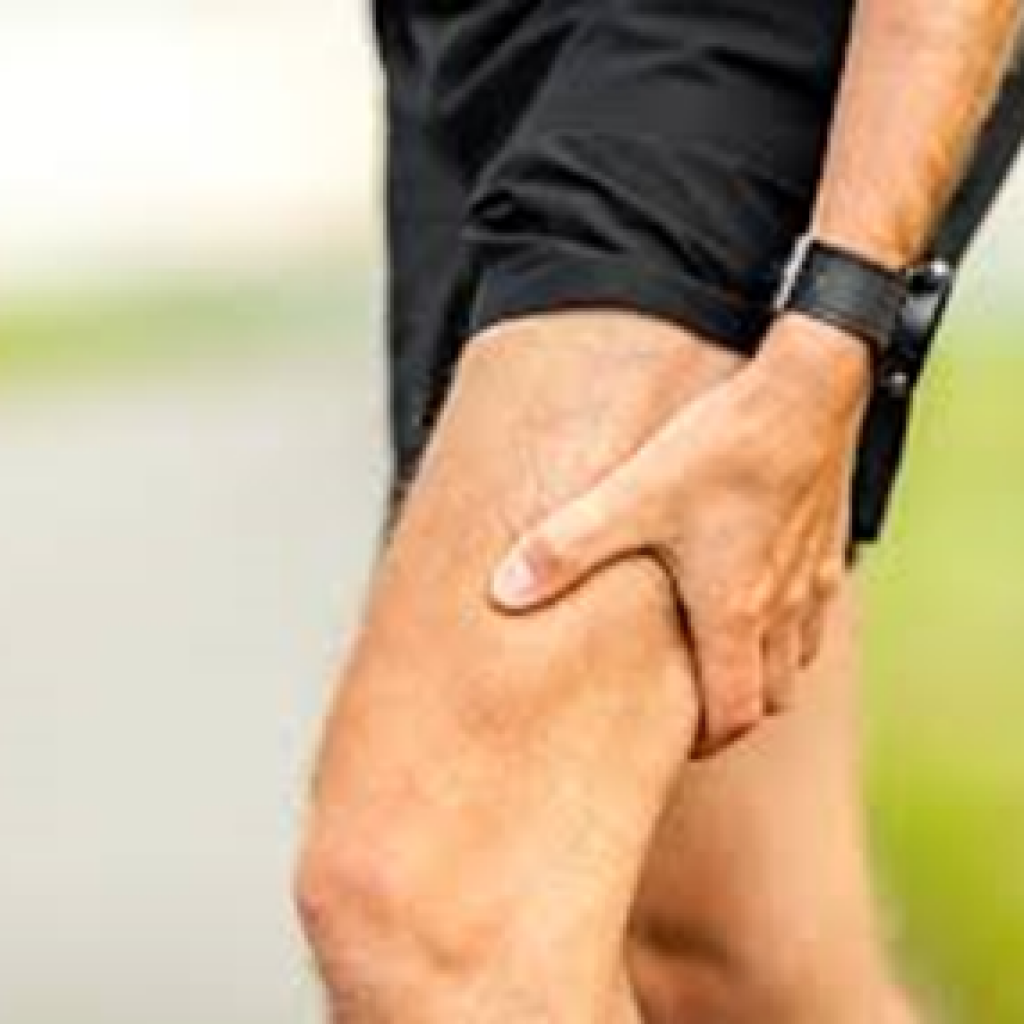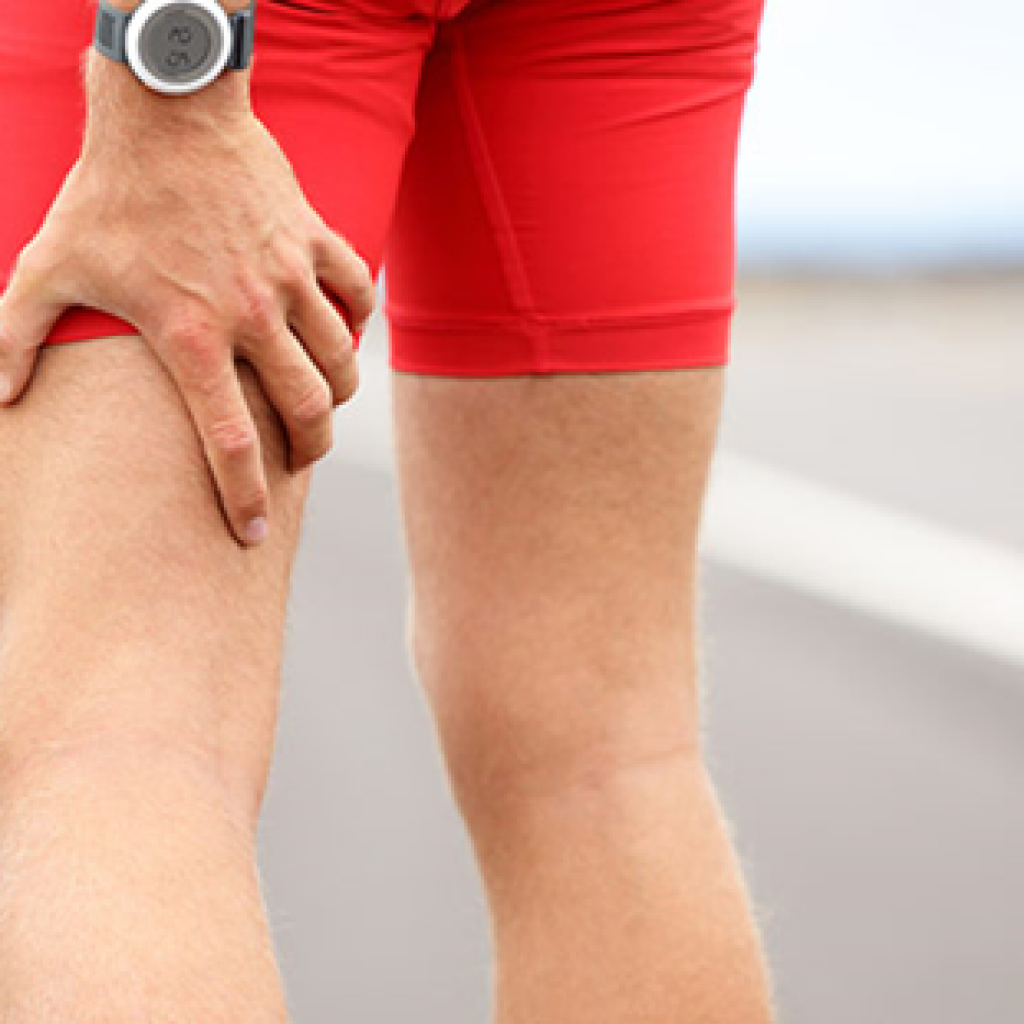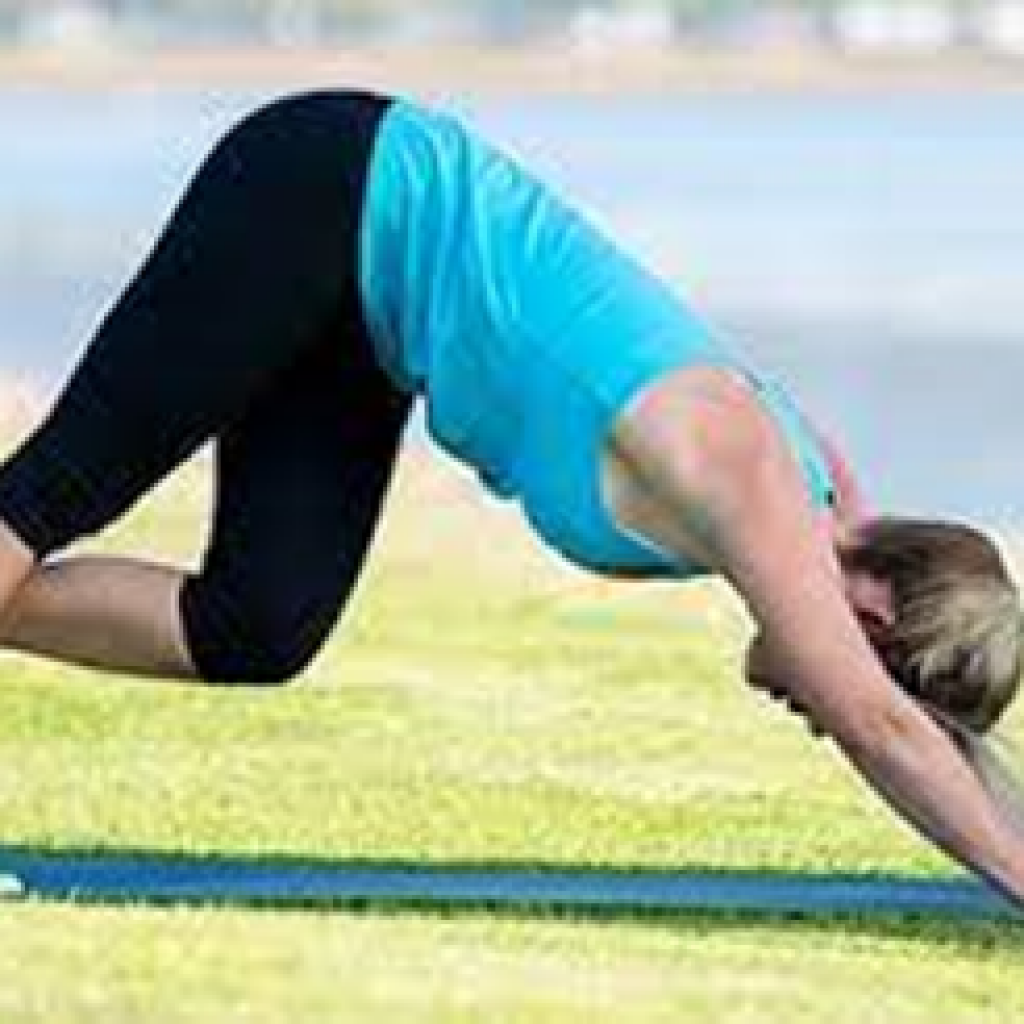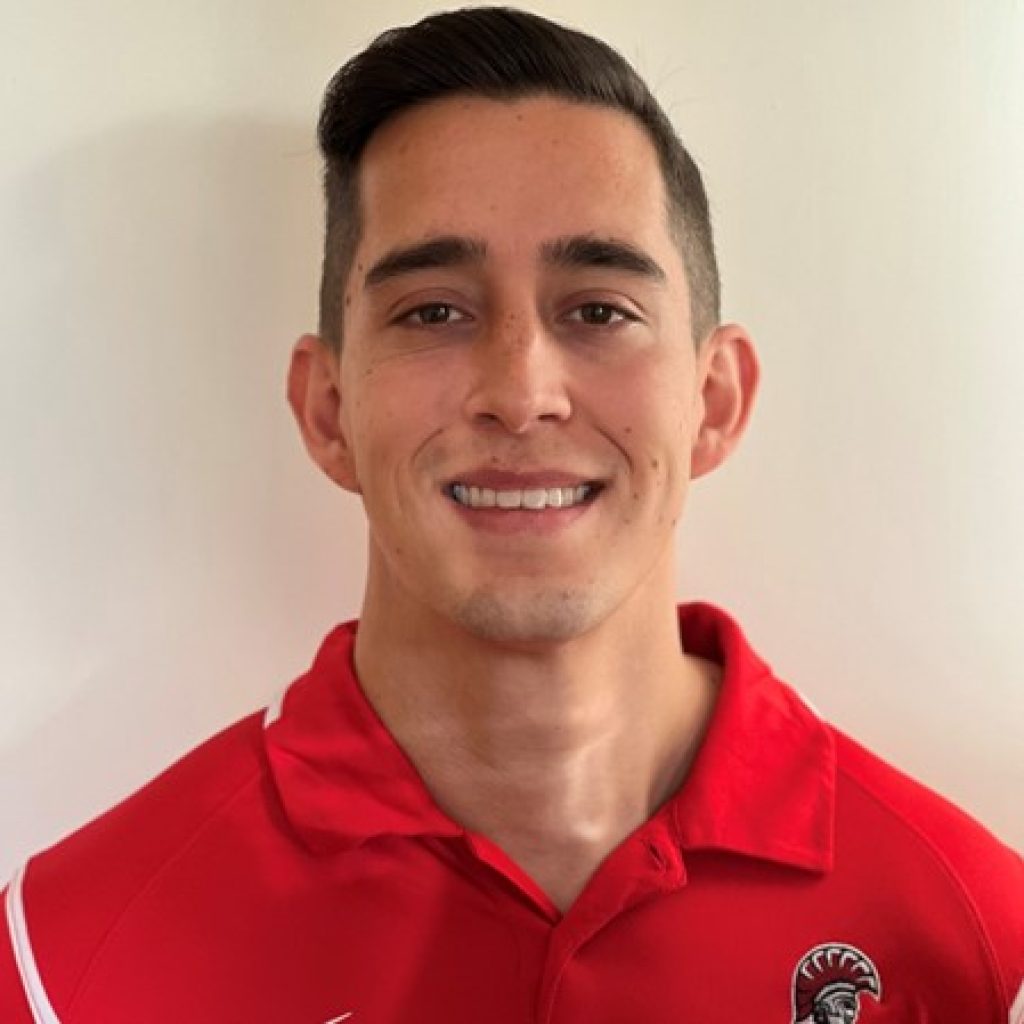
Dalton Sierra is the newest member of the Archview team, Dalton is a CORU registered Chartered Physiotherapist. He graduated from the University of Tampa in Allied Health (Physical Therapy) in 2017. He then pursued a Professional Master’s degree in Physiotherapy at University College, Dublin. Over the last few years, Dalton has gained a wealth of experience in complicated musculoskeletal pain and injuries. He has gained valuable experience working with many American Football clubs.
He has a particular interest in knee injuries and painful knee conditions. In his earlier years, he sustained multiple knee injuries while playing collegiate Lacrosse whereby he had to undergo three intensive surgeries. He combines his own experience as a patient and practitioner and applies this to his treatments and rehabilitation. He is dedicated to achieving the best possible outcome for every patient, using an evidence-based approach.
Over the last few years, Dalton Sierra was leading a high-performance rehabilitation clinic, before joining the Archview team. Dalton is passionate about professional development and has completed extensive post graduate training.
Dalton is a manual therapist who is qualified in the areas of dry needling, strength and conditioning, personal training, orthotic prescription, and is also a Mat Pilates instructor.
His clinical interest areas are chronic muscle and joint pain, back and neck pain, sports injuries, complicated knee conditions and injuries, myofascial pain disorders and foot bio-mechanics and insole prescriptions.
To book an appointment with Dalton Sierra, please call 014913228 or book online via our website. Dalton is available Monday to Friday.



